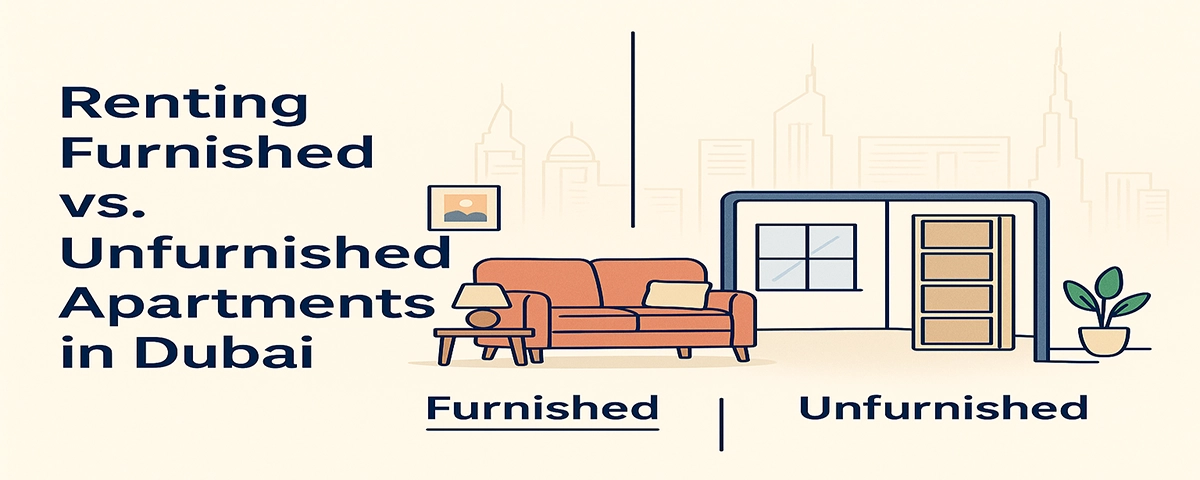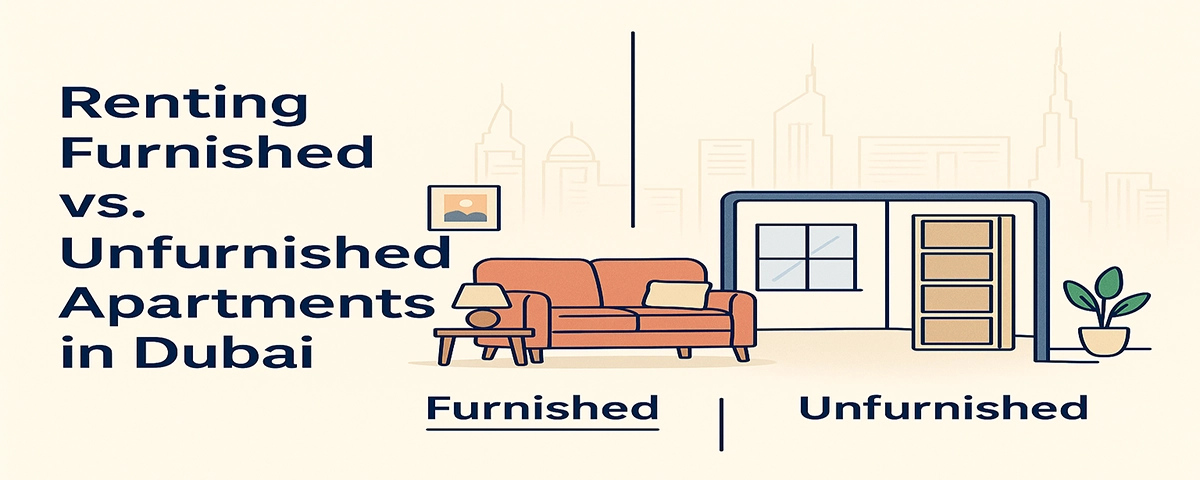The Dubai property market is termed as dynamic, varied and all-year round. However, to the people who are actually considering purchasing some property (investment or own usage), timing can really count. Not only the location or budget, the time of year you decide to buy a property can affect your bargaining power, access to a range of developer incentives, and the choice of the best available collection.
In this guide we shall look at how seasonal trends, cultural festivals and market cycles affect property transactions in Dubai and also what’s the best time of year to buy property in Dubai?
Whats the best time of year to buy property in Dubai?
The property market in Dubai does not adhere to the seasonal trends of the colder western countries. Nevertheless, certain periods of the year are associated with tangible changes in the buyer activity, sellers motivation, and pricing patterns.
Winter (November to March) High Season, High Activity
The cooler months in Dubai are the time of maximum tourism and foreign investment interest. This season sees:
- Increase in the viewing and purchase of properties
- Greater demand in the best locations such as Downtown Dubai, Dubai Marina and Palm Jumeirah
- Developers launch new off-plan properties to target people buying during the holiday-time
- Less developer discount since the demand is high
Real estate is said to be busiest during winter. When you are not very price-conscious and you are interested in having access to a large number of listings, this may be the appropriate moment to enter the market.
Summer (June- August) – Low, but Tactical
The Dubai summers are hot, both literally and transactionally. A good number of the residents go to foreign countries, and purchasing activity is low. However, this downturn can be to the advantage of a buyer:
- Developers and sellers can give discounts or payment in instalments
- The rivalry with other buyers is much lower
- It gives more time to negotiate terms under no pressure
The best time to buy is in summer, particularly ready-to-move-in units, provided you have the patience to endure the heat and do your due diligence when the market is not very active.
Ramadan- Month of Reflection (Dates Vary)
Ramadan is a religious and cultural holiday which normally slows the pace of the market. Offices have shorter hours, and many buyers and sellers hold off major decisions. However:
- During the Ramadan, developers occasionally introduce time-limited offers in order to increase activity
- The less competitive market and more responsive agents would cater to serious buyers
The last few days of Ramadan or after the Eid al-Fitr may be characterized by a series of spurts of transaction activity where consumers return to the market.
Early Winter (September to October)
The property market picks up as the temperatures drop and the expats are back after vacation. It is usually viewed as a good time to make strategic acquisitions:
- The sellers who failed to make deals in the summer are more motivated
- Developers start working on winter releases
- The viewing conditions are better, and a assessing a property is easier
Buying based on Objectives:
Not all buyers are pursuing the same end. Timing will play a different role depending on whether you require your main residence, rental property or a long-term investment.
For End-Users
Consumers who want to buy a house to live in may be more interested in location, space, and design than time. Nevertheless, they can also gain the advantage of shopping during off-season when competition is less like in July or August.
For Investors
When you require rental income or capital growth:
- Off-plan properties, which are usually made during the spring or fall, can offer favorable prices and payment schedule
- Buying ready units during summer might enable you to negotiate the price of purchase and begin renting as soon as the season changes
When it comes to Holiday or Second Homes
Clients who purchase secondary properties tend to make purchases with vacation visits. That tends to put them in the winter high season, where they can get the best selection but the least flexibility in pricing.
Key Periods for Developer Incentives
The major developers in Dubai are inclined to coordinate the promotional campaigns with calendar highlights. Such promotions may consist of:
- There is no need to pay registration fees
- Post-handover payment schemes
- Waivers of free service charge
In the past, such offers can be seen:
- At year-end as developers aim to hit targets
- Around Ramadan to stimulate a slower market
- During summer months when there are few transactions
Such incentives might sound appealing, yet the total cost and value of the property must be taken into account rather than the allure of the short-term gains.
Avoiding the Trap of Timing Alone
Timing is an opportunity provider, but not the only and definitely not the most significant variable. Buyers should also consider:
- Project reputation and developer credibility
- Payment plan structure
- Health indicators of the market (supply and demand)
- Registration and compliance with law
Rather, it is more advantageous at other times based on your objectives and risk tolerance.
You can end up missing a good deal, at times, by waiting to get the ideal time. The appropriate time can be when the appropriate property is on sale in your budget.
Final Thoughts:
The question of when to buy property in Dubai does not have a universal solution. Instead, there are better times depending on your goals and risk appetite.
- Winter (Nov–Mar) is best for variety and quick closing
- Summer (Jun–Aug) offers fewer buyers and more negotiation power
- Spring and Autumn are balanced, with good options and fair pricing
- Ramadan and year-end may present short-term incentives
In the end, the cleverest buyers keep aware of the market dynamics but are flexible enough to take action when the situation suits their requirement. No matter whether you are purchasing to live, invest or diversify, timing is merely a constituent part of successful property purchase in Dubai.



